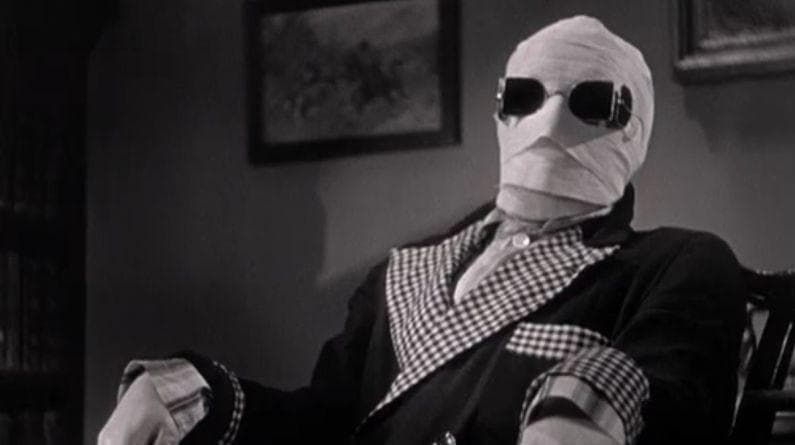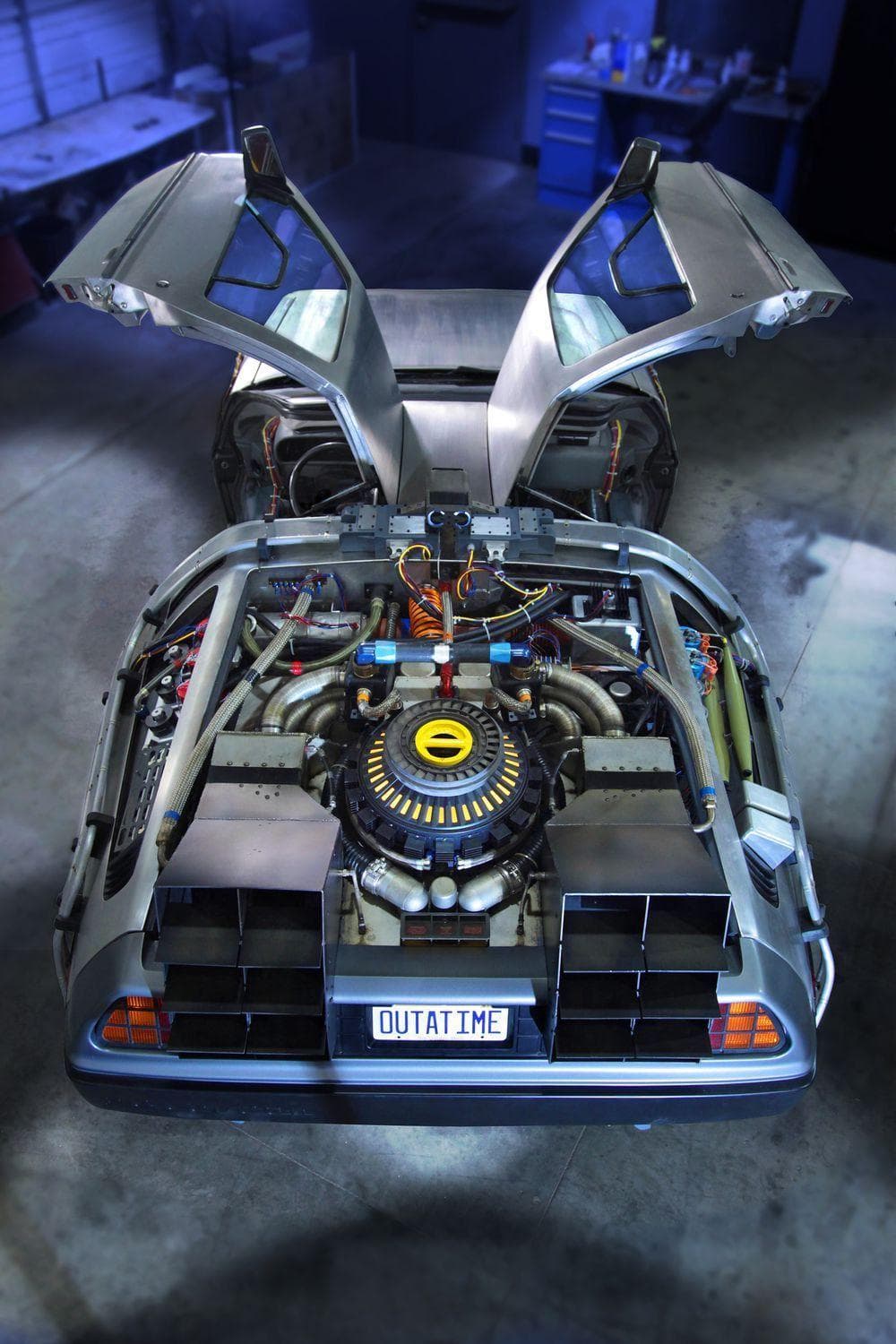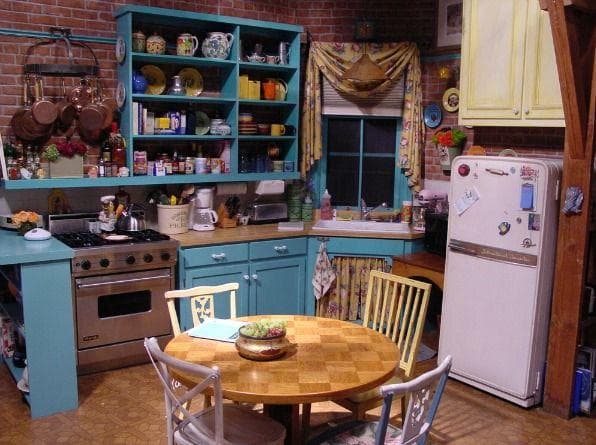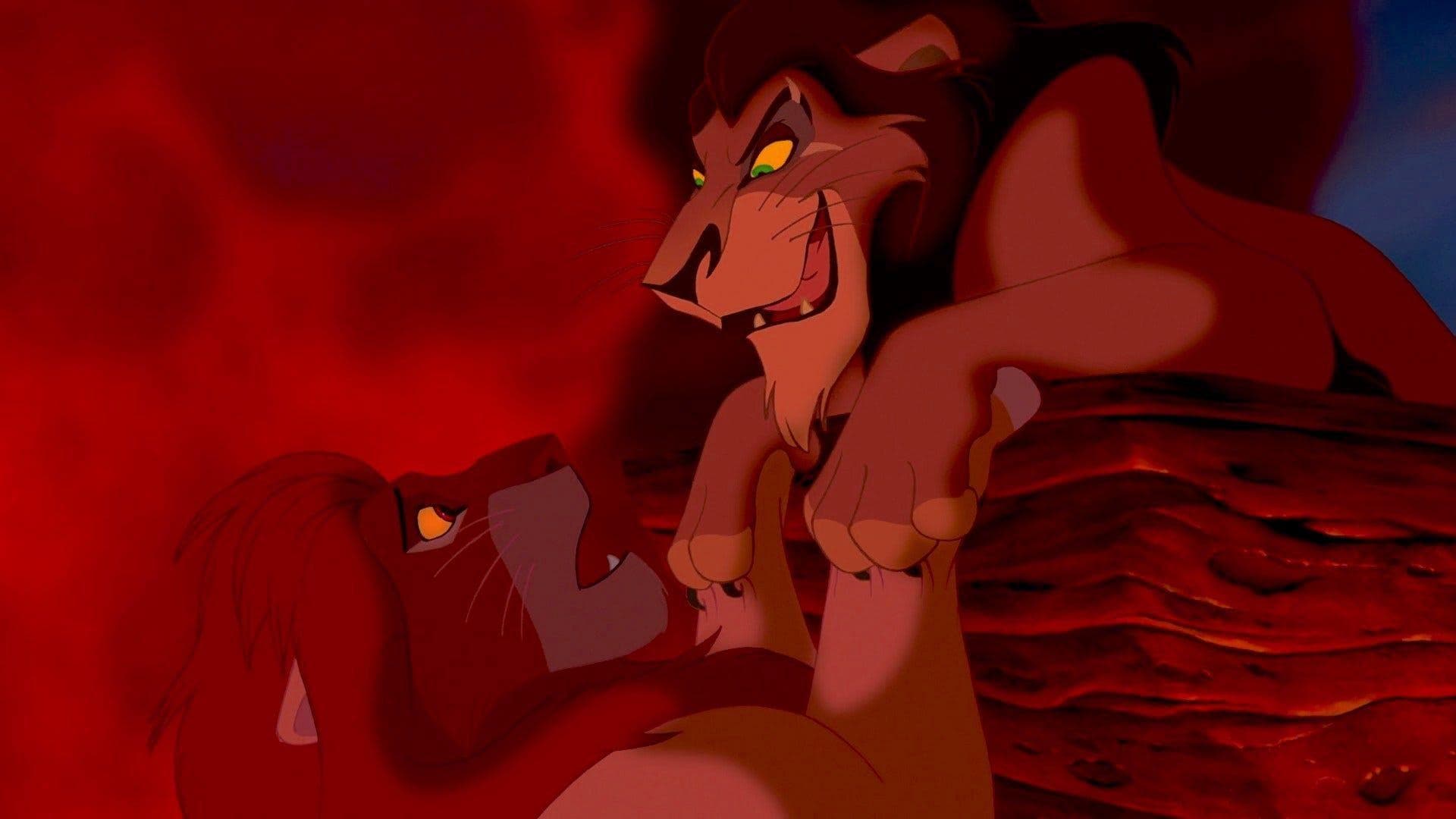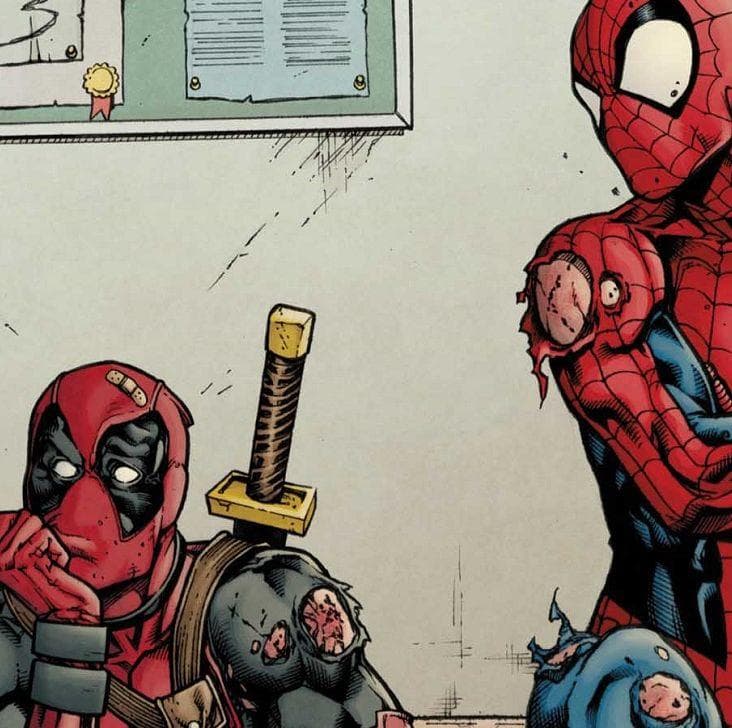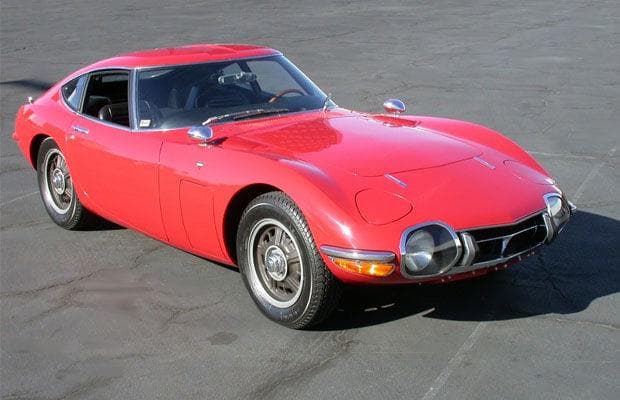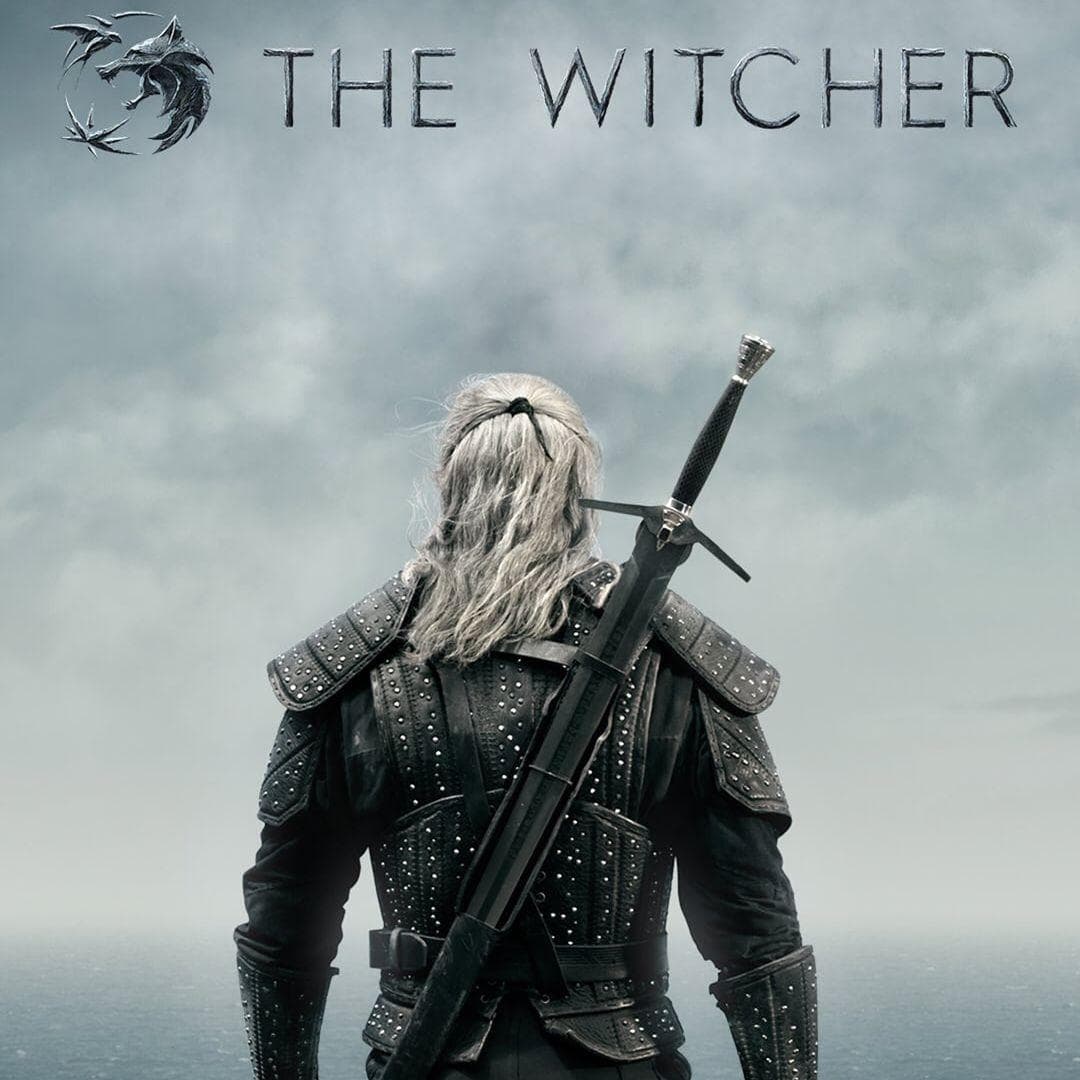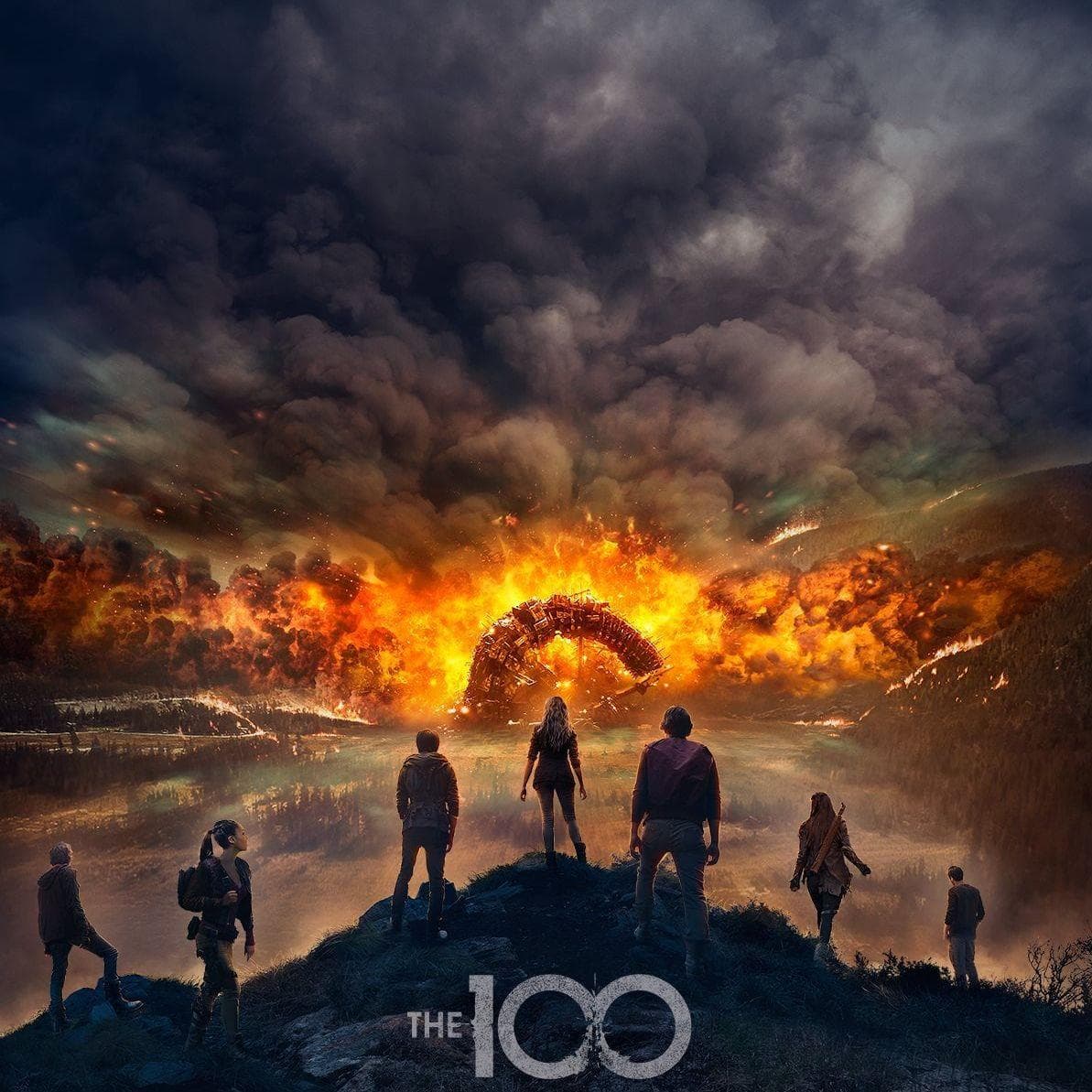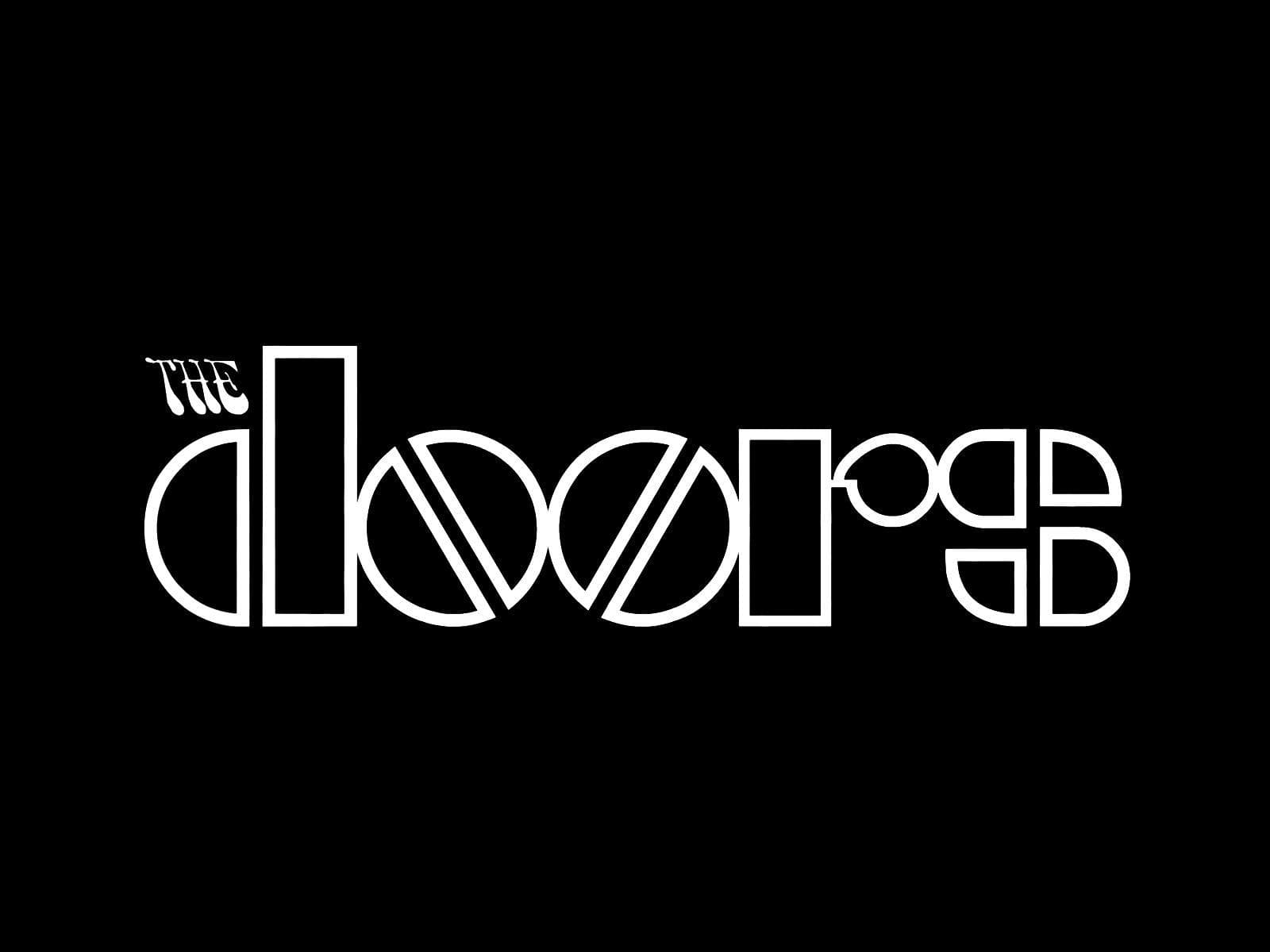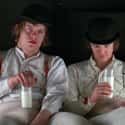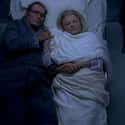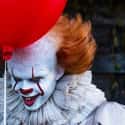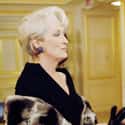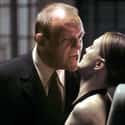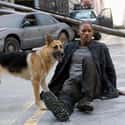-
(#12) A Clockwork Orange
- Malcolm McDowell, Warren Clarke, Steven Berkoff, David Prowse, Adrienne Corri, Aubrey Morris, George Coulouris, Patrick Magee, Pat Roach, Michael Bates, Gaye Brown, John Clive, Margaret Tyzack, Philip Stone, Carol Drinkwater, Miriam Karlin, Anthony Sharp, John Savident, Godfrey Quigley, Peter Burton, Clive Francis, Gillian Hills, Sheila Raynor, Madge Ryan, James Marcus, Virginia Wetherell, Michael Gover, Carl Duering, John J. Carney, Vivienne Chandler, Katya Wyeth, Neil Wilson, Billy Russell, Michael Tarn, Paul Farrell, Robert Bruce, Norman Gay, Katharina Kubrick, Andros Epaminondas, Prudence Drage, Fred Hugh, Helen Ford, Maurice Bush, Alec Wallis, Shirley Jaffe, Barrie Cookson, Olive Mercer, Frankie Abbott, Leslie Nye, Tom Sye, Margaret Heald, Nat Pearn, Sister Watkins, Jeremy Curry, Steadman Clark, Winifred Sabine, Rex Rashley, Craig Hunter, Dr. Gundry, Barbara Scott, Jan Adair, Lee Fox, Richard Connaught, Cheryl Grunwald, Shane Shelton, Lindsay Campbell, Henry Robert, Arthur Tatler, Peter Hannon, Roy Beck, Pauline Taylor, Nicholas Hill, Fred Real, George O'Gorman, David Dawkins
How the book ended: Alex briefly reunites with former droog Pete and meets his wife. Alex begins to picture a family of his own and yearns for a future unlike his violent past. He finds he has grown up and is ready to abandon the criminal lifestyle of his youth.
How the movie ended: Alex is recovering in the hospital after his suicide attempt. Through psychological testing, it's revealed that his aversion therapy no longer works and he has reverted to his previous self. Government officials offer Alex a job in an attempt to keep him on their side as their successful guinea pig. Alex fantasizes about having exhibitionist sex with a woman and realizes he is "cured" of the aversion therapy.
The final chapter of Anthony Burgess's novel, which shows main character Alex growing up into a changed man, was omitted from the US publication of the book and from Stanley Kubrick's film version. Burgess believes that the final chapter is crucial to the novel, as showing characters capable of change is essential to preventing a novel from becoming a fable or allegory. Kubrick's ending definitively changes the story and finishes on a much darker note. It suggests that Alex does not change and that his desire for violence is an innate part of his nature. It's a stronger ending for the film, whereas showing Alex growing out of his perverse predilections would feel sudden and untrue. It also heightens the central conflict of the story between individual free will and the greater good of society. If Alex turns out to be good after all, it gives us the answer rather than leaving viewers to think it through.
-
(#3) The Notebook
- Rachel McAdams, Ryan Gosling, James Garner, James Marsden, Joan Allen, Sam Shepard, Gena Rowlands, Kevin Connolly, Paul Johansson, Obba Babatunde, Jamie Anne Allman, Heather Wahlquist, David Thornton, Ed Grady, Matthew Barry, Mark Johnson, Cullen Moss, Traci Dinwiddie, Rebecca Koon, Starletta Dupois, Scott Ritenour, Milton Buras, Michael L. Nesbitt, Sylvia Jefferies, Deborah Hobart, Jennifer Echols, Robert Fraisse, Chuck Pacheco, Meredith Zealy, Jonathan Parks Jordan, Sandra W. Van Natta, Sasha Azevedo, Matt Shelly, Michael D. Fuller, Mark Garner, Lindy Newton, Nancy De Mayo, Barbara Weetman, Erin Guzowski, Stephanie Wheeler, James Middleton, Riley Novak, Leslea Fisher, Geoffrey Knight, Todd Lewis, Elizabeth Bond, Andrew Schaff, Eve Kagan, Peter Rosenfeld, David Abrams, Robert Ivey, John Cundari, Anthony-Michael Q. Thomas, Daniel Chamblin, Kweli Leapart, Ronald Betts, Hugh Robertson, Daniel Czekalski, Jude Kitchens, Pat Leonard, Madison Wayne Ellis, Renée Amber, Patricia Buckley-Moss, Meredith O'Brien, Tim O'Brien, Frederick Bingham, Bradley D. Capshaw, Sherril M. Turner, James Scott Deaton, Tim Ivey, Robert Washington, Julianne Keller Lewis
How the book ended: Nicholas Sparks's book ends in a similar scene to the film - Noah slips into Allie's bedroom at night. The book's ending is more ambiguous: He kisses her and she starts to unbutton his shirt, and... that's it. We learn in the sequel, The Wedding, that Allie passed that night but Noah lives on.
How the movie ended: Noah sneaks into Allie's room. She has a lucid moment where she remembers him and the two pass away in each other's arms... to sobbing heard round the world.
The movie ending is memorable and bittersweet. It provides closure to the two characters and their love story. To have them start to get freaky and then call it a wrap in the film version would've cheapened their romance to viewers, and to have only one of them pass would've been too cruel to digest. The whole point of the story (and all those tears) is that their love defies all obstacles and odds, and the movie proves that to be true with its ending.
-
(#5) It
- Tim Curry, Seth Green, John Ritter, Annette O'Toole, Jonathan Brandis, Harry Anderson, Chelan Simmons, Olivia Hussey, Richard Masur, Laura Harris, Emily Perkins, Richard Thomas, Jay Brazeau, Venus Terzo, Dennis Christopher, Tim Reid, Frank C. Turner, Tom Heaton, Michael Cole, Gabe Khouth, Florence Patterson, Sheila Moore, Ryan Michael, Charles Siegel, Ben Heller, Brandon Crane, Steve Makaj, Adam Faraizl, Tony Dakota, Jarred Blancard, Donna Peerless, Drum Garrett, Marlon Taylor, Caitlin Hicks
How the book ended: The book jumps from "the Losers" characters as children to the same characters in adulthood. But the childhood portion ends with a Bill-versus-It sewer showdown with the help of an ancient tortoise named Maturin. After defeating It, the Losers have a casual orgy and make a blood oath to return to Derry if It should ever return.
How the movie ended: The Losers venture into the sewers to save Beverly, who has been captured by It. It attempts to lure in Bill by appearing as his deceased brother Georgie, and then attempts to turn the group against Bill, offering to take only him and go into hibernation. Ultimately, the friends all face their fears to defeat It, and they swear to return to Derry if It comes back.
First of all, the book's version of events is way too complicated for the film version. The more otherworldly and fantastical elements that are added to the final battle, the less terrifying and important It seems. By simplifying the film's ending into the characters all battling their own fears, the audience can better understand what It is and what It wants, making It a more satisfying monster. And thankfully, the movie decided to do away with the child group sex scene.
-
(#6) The Devil Wears Prada
- Anne Hathaway, Heidi Klum, Meryl Streep, Emily Blunt, Gisele, Stanley Tucci, Simon Baker, Rebecca Mader, Adrian Grenier, Bridget Hall, Daniel Sunjata, Tracie Thoms, Valentino Garavani, Alyssa Sutherland, Stephanie Szostak, Inés Rivero, Emily Sandberg, Nina Lisandrello, James Naughton, John Rothman, George C. Wolfe, David Marshall Grant, Alexie Gilmore, Julie Jei, Rich Sommer, Tim Krueger, Pamela Fischer, Tibor Feldman, Lauren Weisberger, Jennifer Elise Gould, Andrea Bertola, Denis McKeown, Robert Verdi, Colleen Dengel, Taylor Treadwell, Carl Burrows, Guy A. Fortt, James Cronin, Justin Restivo, Carla Collado, Brandhyze Stanley, Suzanne Dengel, Hector Lincoln, Scott Hatfield, David Callegatti, Mateo Moreno, Alexander Blaise, Mira Tzur, Molyneau DuBelle, Ivan Magrin-Chagnolleau, John Graham, Paul Keany, Laura D. Williams, Jimena Hoyos, Stan Newman, Laura McDavid, Steve Benisty, Robert Stio, L.J. Ganser, Stuart Lopoten, Lindsay Brice, Eric Seltzer, Zev McAllister, Caroline Slaughter, Wells Dixon, Ingrid Schram, Rori Cannon, Matt Murray, Ilona Alexandra
How the book ended: After telling off Miranda Priestly, Andrea is blacklisted from the publishing industry and moves back home with her parents. She works on her writing and sells off her designer clothing. She eventually lands an interview in the same building as Runway and sees Miranda's latest miserable assistant.
How the movie ended: On the Paris trip with Miranda, Andy realizes she is morphing into the monster that is her boss, and walks away on the spot. She reunites with her boyfriend Nate and is shown interviewing at another writing job. She gets the job and the editor tells her that Miranda Priestly informed him that Andy was her "biggest disappointment" but that he would be an idiot not to hire her. Andy later sees Miranda getting into a car and waves. Miranda doesn't acknowledge her but smiles once inside the vehicle.
Lauren Weisberger's ending just feels meh. Andrea moves on from Runway but we don't get a lot of closure on her relationship with Miranda or what her future holds. In the film ending, Miranda and Andy demonstrate a mutual respect for each other that feels true to the characters and their relationship. Neither are black and white characters. They may take different paths but they also share an understanding and appreciation for what the other is trying to accomplish.
-
(#9) Hannibal
- Julianne Moore, Gary Oldman, Anthony Hopkins, Ray Liotta, Željko Ivanek, Francesca Neri, Frankie Faison, Giancarlo Giannini, Mark Margolis, Ajay Naidu, Chuck Jeffreys, Danielle de Niese, David Andrews, Judie Aronson, Bruce MacVittie, Robert Rietti, Enrico Lo Verso, Boyd Kestner, Francis Guinan, Don McManus, Terry Serpico, Ric Young, Rick Kain, Brian Smyj, Gano Grills, Robert Randolph Caton, Jamie Harrold, Ivano Marescotti, Fabrizio Gifuni, Derrick Simmons, Giannina Facio, Douglas Crosby, Hazelle Goodman, Phil Neilson, Cal Johnson, Alex Corrado, Peter Shaw, Sebastiano Somma, Ennio Coltorti, Kelly Piper, Ted Koch, Andrew C. Boothby, Anthony Wanzer, Jalil Jay Lynch, Raymond H. Johnson, Marco Greco, Franco Maria Salamon, Sam Wells, Frank Principe, Gus Williams, Tom Trigo, Aaron Craig, Roberta Armani, Andrea Piedimonte, Renne Gjoni, Joseph M. West Jr., William Powell-Blair, Ray Bullock, Kenneth W. Smith, Johannes Kiebranz, Heidi Burger, Harold Ginn, James Opher, Ian Iwataki, Bruno Lazzaretti, Kent Linville
How the book ended: After escaping wild boars, Hannibal holds Starling captive and attempts to brainwash her into believing she is his deceased younger sister, Mischa. This doesn't work, but Hannibal does lobotomize Agent Krendler and the two casually feast on his brain in front of him. Starling then breastfeeds Hannibal and the two abscond as lovers. Three years later, they are spotted by the hospital worker Barney in Buenos Aires, who flees at the sight of this terrifying twosome.
How the movie ended: After escaping wild boars, Starling wakes up drugged at the house of Agent Krendler, where he is being lobotomized and fed his own brain, much to her horror. She attempts to slay Hannibal but is too weak, and in the ensuing struggle, she handcuffs their wrists together. As police near the house, Hannibal is shown about to chop off Starling's hand to free himself. It's later revealed that he cut off his own hand to escape, and he is shown on a plane with his arm in a sling, eating Krendler's brains and offering them to a way-too curious boy.
If you saw Hannibal the film and thought it couldn't possibly be anymore messed up and upsetting, try the book! Thomas Harris's book ending, while definitely creepy, doesn't feel in line with Agent Starling's character. Despite the connection she's shown to have with Hannibal Lecter, a romantic relationship doesn't feel justified, nor does her throwing away any sense of morality to eat brains. Rather, the literary ending seems more for shock and awe than true character development. The film ending still demonstrates the disturbing relationship between the two without verging into the ridiculous territory.
-
(#10) I Am Legend
- Will Smith, Emma Thompson, Salli Richardson, Willow Smith, Alice Braga, Dash Mihok, Marin Ireland, April Grace, Charlie Tahan, Darrell Foster, James Michael McCauley
How the book ended: Neville meets an infected woman, Ruth, who reveals that there is a developing society of living humans infected with the virus, different from the risen-from-the-dead vampires only out for blood. They capture Neville with the intention of making him pay for the demise of their loved ones at his hands. Ruth, however, takes pity on him and gives him suicide pills. Neville comes to understand the perspective of this new society and takes the pills.
How the movie ended: Neville, immune to the virus, finally finds two other people, Anna and Ethan, who tell him of the existence of a survivors' camp. They hide out at Neville's house, where he discovers that his attempts to cure an infected woman he trapped have been successful. The trio is attacked by the infected, and Neville hands off the cure to Anna and Ethan before sacrificing himself so they can escape. Anna and Ethan make it to the survivors' camp where they hand over Neville's cure to the virus.
These drastically different endings offer two different interpretations of the titular "legend." In the book ending, Neville's legend status is as the last member of an extinct society - he will become the "monster" of folklore in years to come as the new society begins. In the film's ending, Neville represents a heroic legend; in sacrificing himself to save humanity he has cemented himself as a martyr. While the book ending poses an interesting scenario, the film chooses to emphasize Neville's humanity. His decision to perish to save the future of humankind aligns with his actions throughout the story. To have Neville resignedly off himself in deference to a new world order, after fighting for a cure for so long, doesn't feel like a legendary way to meet one's fate.
New Random Displays Display All By Ranking
About This Tool
With the change of times, watching movies has gradually become one of the most popular entertainments in modern times. It is indeed a good choice to enjoy some movies adapted from classic books. But it is not a simple matter for directors, actors, editors, etc. to produce a movie beyond the original book. Looking back at the history of film, there is never a shortage of film endings better than the original books, which are always unforgettable.
Do you know any great movie adaptations? This page has 12 entries, there are some movie endings that are better than the books they were based on, you could find more details about each movie. Welcome to share this page with your friends.
Our data comes from Ranker, If you want to participate in the ranking of items displayed on this page, please click here.

